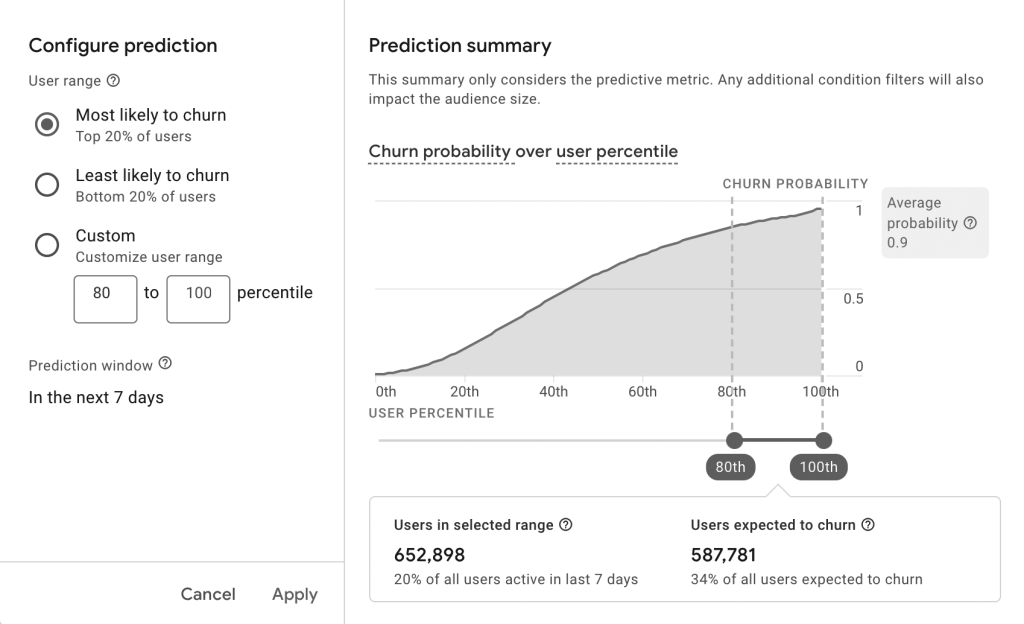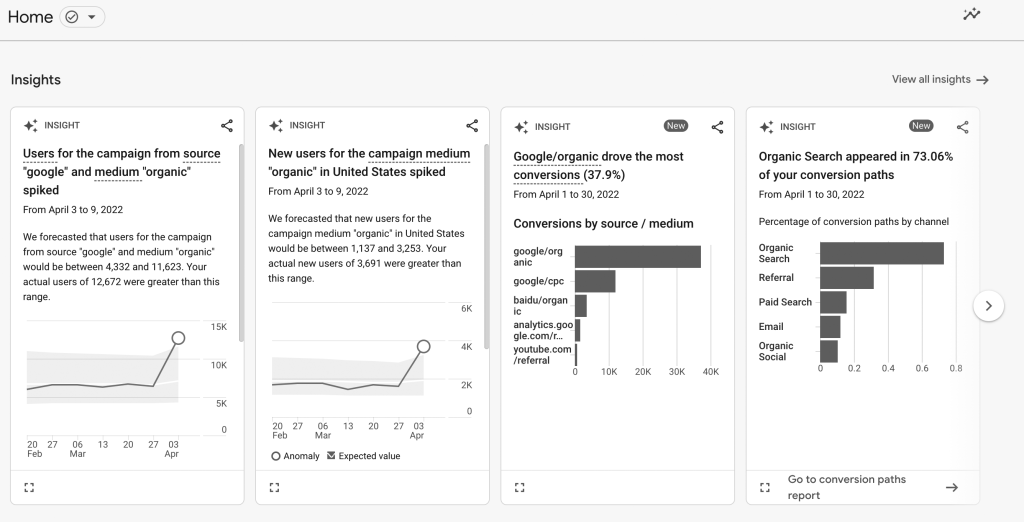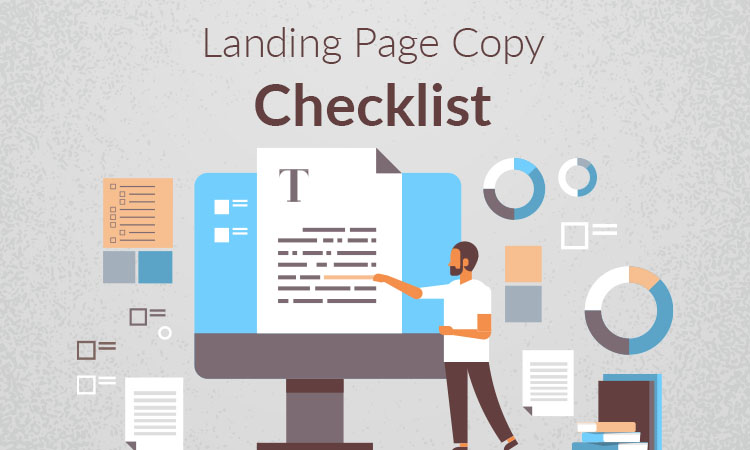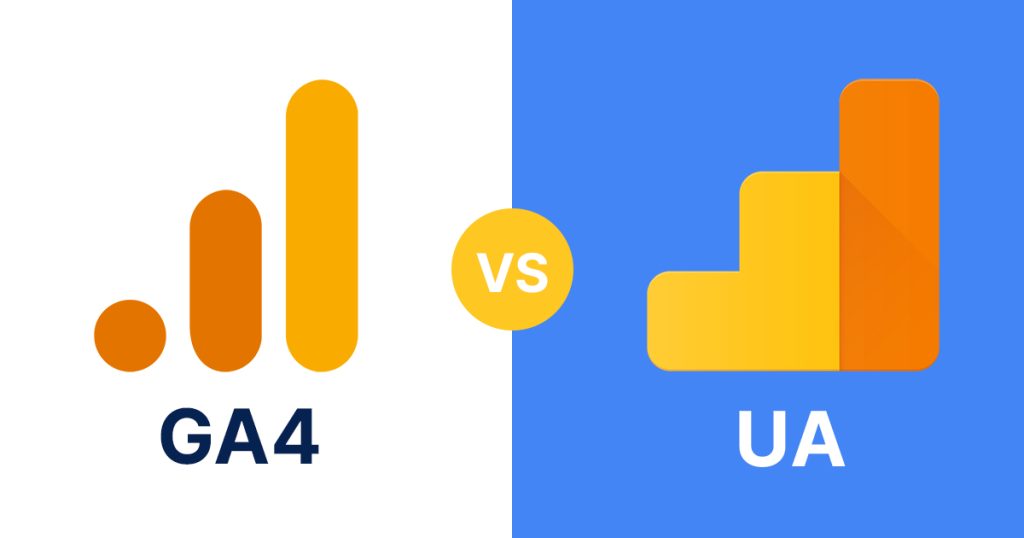Machine learning is one of those terms that you hear a lot these days. From self-driving cars to personalized movie recommendations, machine learning seems to be everywhere. It has also entered the world of website analytics, thanks to Google Analytics 4.
GA4 has been making big promises. It says it can use machine learning to predict what your customers are likely to do next, which sounds like a dream come true for any business owner. Imagine knowing in advance which products are likely to become best-sellers or what kind of content will go viral. That’s what GA4 claims to offer with its machine learning features.
It even says it can automatically sift through all the data it collects to give you insights you might not have thought of, saving you time and effort.
But here’s the million-dollar question: Is all this talk about GA4’s machine learning just a bunch of hype, or is it really as amazing as it sounds? That’s what we’re going to explore in this blog.
If you’re looking for experts to help you navigate the complexities of GA4 check out our specialized GA4 services here to see how we can assist you in making the most out of this powerful tool.
Table of Contents
1. What Does GA4 Offer in Terms of Machine Learning?
2. The Good: Where GA4’s Machine Learning Shines
3. The Not-so-Good: Limitations and Concerns
4. The Cost-Benefit Analysis
5. Real-World Applications: Success and Failures
6. Ethnical Considerations: Data Privacy and Security
7. The Learning Curve: Time to Mastery
8. Industry-Specific Applications
9. Conclusion: Is It Worth the Hype?
What Does GA4 Offer in Terms of Machine Learning?
In GA4, machine learning isn’t just a buzzword; it’s a set of practical tools that can make your life easier. One of its key features is “Predictive Metrics,“ which uses past data to forecast future trends. This is invaluable for businesses looking to plan ahead.
Another useful tool is “Automated Insights,” which automatically scans your data to highlight important changes. It saves you time and keeps you informed without the need for manual data analysis.
Lastly, there’s “Anomaly Detection,” a feature that alerts you when something unusual happens in your data, like a sudden drop in sales. This helps you catch issues before they become big problems.
These machine learning features make GA4 a powerful ally for anyone looking to make data-driven decisions for their business.
The Good: Where GA4’s Machine Learning Shines
Predictive Metrics
One of the standout features of GA4’s machine learning is its ability to offer predictive metrics. What this means is that GA4 can look at the data from the past and use it to make educated guesses about what might happen in the future.

Source: Google
For businesses, this is a huge advantage. Imagine knowing in advance which products are likely to become best-sellers or what kind of content your audience will engage with.
This kind of foresight can be a game-changer when it comes to planning your marketing strategies and understanding what your customers are looking for.
Automated Insights
Another strong point of GA4’s machine learning is the Automated Insights feature. This tool automatically scans through all the data you’ve collected and points out important changes or trends.

Source: Google
For example, if there’s a sudden spike in traffic to your website, Automated Insights will notify you. This is incredibly useful because it saves you the time you would otherwise spend digging through data to find this information.
Anomaly Detection
Last but not least, GA4 offers Anomaly Detection. This feature uses machine learning to scan your data and find anything that seems out of the ordinary.
If, for instance, there’s a sudden drop in sales or an unexpected increase in website visits, Anomaly Detection will alert you.
This is particularly useful for catching potential issues early on, before they escalate into bigger problems. It’s a proactive way to manage your data and ensure that everything is running smoothly.
The Not-so-Good: Limitations and Concerns
Data Quality
Machine learning relies heavily on the data it’s trained on. If your GA4 setup is not configured correctly, the machine learning features may produce insights that are neither accurate nor reliable. Poor data quality can lead to misleading results, which could negatively impact your business decisions.
Complexity
While machine learning can automate and simplify many tasks, the algorithms themselves can be intricate and difficult to understand.
This complexity can pose challenges for average users who may find it hard to interpret the results or insights provided by GA4. The advanced nature of these algorithms requires a certain level of expertise to fully comprehend their implications.
Cost factor
GA4 does offer some basic machine learning features, but the more advanced functionalities might require a premium subscription. This could be a financial barrier for small businesses or those with limited budgets, making some of the advanced features less accessible.
The Cost-Benefit Analysis
One of the big questions that comes up when considering GA4’s machine learning features is whether the benefits are worth the costs. And when we talk about costs, we’re not just talking about money.
Sure, there’s the subscription fee for the premium features, but there’s also the time and effort you’ll need to put in to set everything up and analyze the data.
Financial aspect
Advanced machine learning features in GA4 might require you to go for a premium subscription. This can be a significant expense, especially for small businesses or startups that are watching their budgets closely.
So, you have to ask yourself, “Will these advanced features actually help me make more money or save time in a way that justifies the cost?”
Time investment
Setting up GA4, especially with all the machine learning bells and whistles, can take a good chunk of time. And time is money, as they say.
You’ll also need to spend time regularly checking the insights and data that GA4 provides. The question here is, “Will the time I invest lead to better decision-making and, ultimately, higher profits?”
So, is the return on investment (ROI) as great as some people say? Well, the answer can vary from business to business. For some, the insights gained from GA4’s machine learning can lead to significantly better marketing strategies, higher sales, and more efficient use of resources. For these businesses, the costs, both in money and time, may very well be justified.
However, for others, especially those who find the machine learning features complex and hard to interpret, the ROI may not be as impressive. If you’re spending a lot of time trying to understand the data and not getting actionable insights, or if the predictions are not accurate, then the costs might outweigh the benefits.
Real-World Applications: Success and Failures
When it comes to using GA4’s machine learning in the real world, the results are mixed. On one hand, many businesses have found great success. They’ve used GA4’s smart features to better understand their customers and make smarter choices.
For example, some companies have used the predictive metrics to figure out which products are likely to sell well. This has helped them focus their advertising money and efforts on things that actually work, leading to better sales and a higher return on investment (ROI).
But there have been cases where GA4’s machine learning didn’t hit the mark. In these situations, the predictions made by GA4 were not accurate, causing businesses to spend money and time on strategies that didn’t pay off. Imagine thinking a certain product will sell like crazy, only to find out that customers aren’t interested. This kind of mistake can be costly and frustrating.
So, while GA4’s machine learning has the potential to be a powerful tool for businesses, it’s important to remember that it’s not foolproof. The technology can offer valuable insights and help you make informed decisions, but it’s also not a guarantee for success.
It’s crucial to use GA4 as one part of a broader strategy, and always keep an eye on how things are going to make sure you’re on the right track.
Ethical Considerations: Data Privacy and Security
When we talk about machine learning, we’re really talking about using a lot of data to make smart decisions. But using all that data comes with a big responsibility: making sure it’s handled in a way that’s safe and respects people’s privacy. So, how does GA4 handle this important issue?

GA4 has some built-in features that aim to keep your data secure and private. For example, it lets you control how long you keep the data and who can access it. This is a good step towards making sure that the data is not misused or kept longer than necessary.
However, the question still remains: Is this enough? With laws like the General Data Protection Regulation (GDPR) in Europe and the California Consumer Privacy Act (CCPA) in the U.S., businesses have to follow strict rules about how they use and store data.
GA4 does offer some settings to help you comply with these laws, but the tool itself won’t make your business compliant. That’s something you’ll have to take additional steps to ensure.
One effective solution is server-side tagging, which offers enhanced data privacy and compliance features. At Goodish Agency, we specialize in server-side tagging solutions that can help your business navigate these complexities.
While GA4 does make an effort to address data privacy and security, it’s not a one-stop solution. You’ll still need to be proactive in making sure you’re following all the laws and best practices when it comes to handling data. This means that while GA4’s machine learning features are powerful, they shouldn’t be used carelessly.
The Learning Curve: Time to Mastery
One of the big questions people have when considering any new tool is, “How long is it going to take me to get good at this?” When it comes to GA4 and its machine learning features, the answer isn’t straightforward. The platform has many advanced features that can help you, but learning how to use them can take a while.
If you’re new to analytics or machine learning, starting with GA4 can feel overwhelming. There are many settings, options, and features to understand. Even if you’ve used older versions of Google Analytics, GA4 has a new way of doing things that might require some adjustments.
Why does this matter? Time is money. The more time you spend learning GA4, the longer it will take to fully benefit from its advanced features, including machine learning. This could delay your marketing campaigns or make you miss out on important data trends.
Industry-Specific Applications
Some sectors may find GA4’s machine learning features more beneficial than others. For example, e-commerce businesses can greatly benefit from predictive metrics to understand customer buying behavior. On the other hand, content-driven platforms like news websites might find automated insights more useful for understanding which articles are gaining traction.
In the healthcare sector, anomaly detection could be a crucial feature. It can help in identifying unusual patterns in patient engagement or medication sales, which could be invaluable for timely interventions.
It’s really important to understand that how well GA4’s machine learning works for you can depend on a few different things. First, you need good, reliable data for the machine learning to analyze. If your data is messy or incomplete, the insights you get might not be helpful.
Second, how complicated your business is can also make a difference. For example, if you have a straightforward online store, it might be easier to use GA4’s features than if you have a complex business with lots of different services and products.
Lastly, the rules and regulations in your industry can affect how you use GA4. Some industries have strict rules about what you can and can’t do with data, and that could limit how you use these machine learning features.
So, it’s not a one-size-fits-all situation. You’ll need to consider these factors to really get the most out of GA4’s machine learning tools.
Conclusion: Is It Worth the Hype?
It’s clear that the platform offers some genuinely useful tools for businesses. Features like Predictive Metrics, Automated Insights, and Anomaly Detection can provide valuable insights that can help you make more informed decisions. These tools have the potential to revolutionize how you approach your marketing strategies, customer engagement, and overall business planning.
However, it’s crucial to approach these features with a balanced perspective. While GA4’s machine learning can be a powerful asset, it’s not without its limitations and challenges. Issues like data quality, complexity, and cost can be significant hurdles for some businesses.
The effectiveness of these features can vary depending on your industry, the quality of your data, and even the specific regulations that your business must adhere to.
In real-world applications, GA4’s machine learning has shown both successes and failures. It’s not a magic wand that will solve all your problems but a tool that should be used as part of a broader business strategy.
So, is all the buzz about GA4’s machine learning worth it? Well, it depends. For some, it could be a game-changer, but for others, it might not meet all the expectations. Like any tool, it’s only as good as how you use it.
We at Goodish agency are experts in digital marketing and we can help you to utilize AI to reduce your costs and boost your performance. Read more about our services.






![InVideo vs Wave.video - Comparison [2023]](https://goodish.agency/wp-content/uploads/2023/08/low_small-1024x683.jpg)




